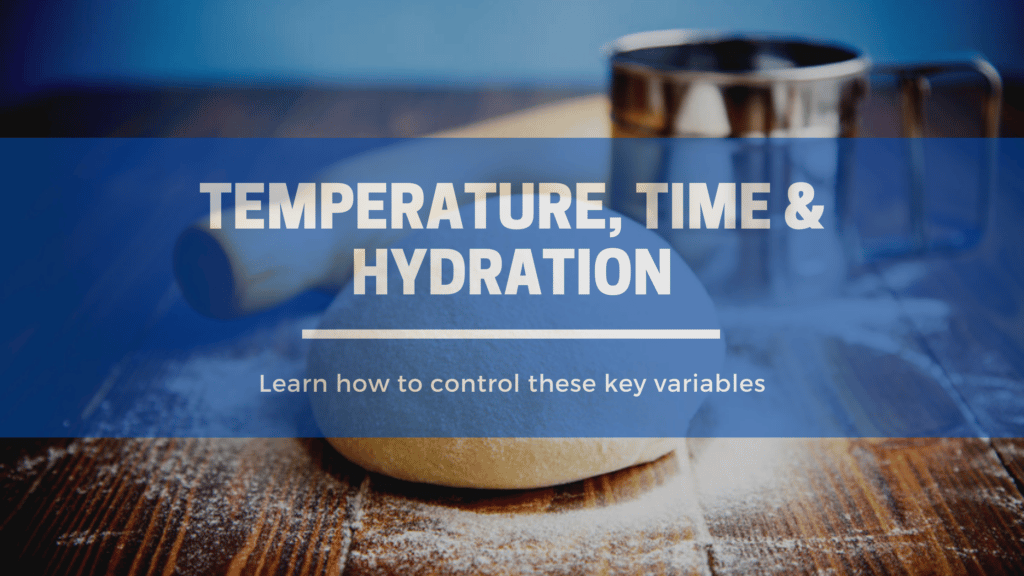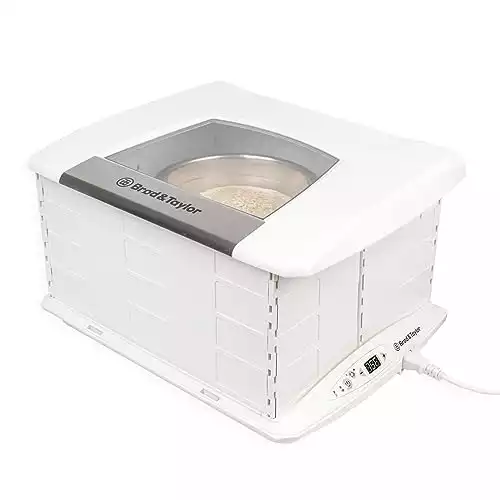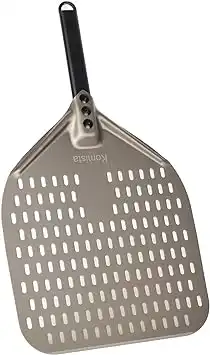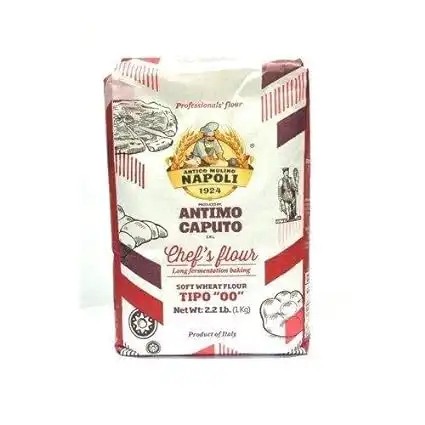How to Control Temperature, Time, and Hydration for Pizza Dough
Temperature, Time, and Hydration are key variables in pizza dough. Once you learn how to control them, you will dominate your pizza game!
So, you need to understand how they affect each other and how you can control them to make the best dough.
You will see a summary of how these factors affect your end result.
Don’t forget to read all the way to the end, where we tell you exactly what to do depending on the result you want to achieve.
Let’s get started!
Here’s What You Will Find:
Pizza Fermentation Temperature

Temperature
Temperature is one of the key variables you must pay close attention to. The temperature of the dough, the refrigerator, and the kitchen all make a huge difference in your end result.
The humidity in the air is of equal importance. The flour in your dough will absorb more or less water depending on the humidity of the air. As a result, you can have a wetter or drier dough.
How to Control Baking Temperature
Lower Temperature
- Decreases fermentation
- Decreases rising time
- Slows down yeast
Higher Temperature
- Increases fermentation
- Increases rising time
- Speeds up yeast
Pizza Fermentation Time

Time
Time is another key variable factor. Long, slow-rising times create the deepest flavors. These days, people are constantly looking for the fastest dough, with no rising and no kneading.
That is fine, you can still make pizza this way, but we guarantee you it will never be as tender and flavorful as you would have a little patience. The secret is slow!
How to Control Baking Time
Less Time
- Requires more yeast
- Creates smaller bubbles
- Creates less complex flavors
More Time
- Requires less yeast
- Creates larger bubbles
- Creates more complex flavors
Pizza Dough Hydration
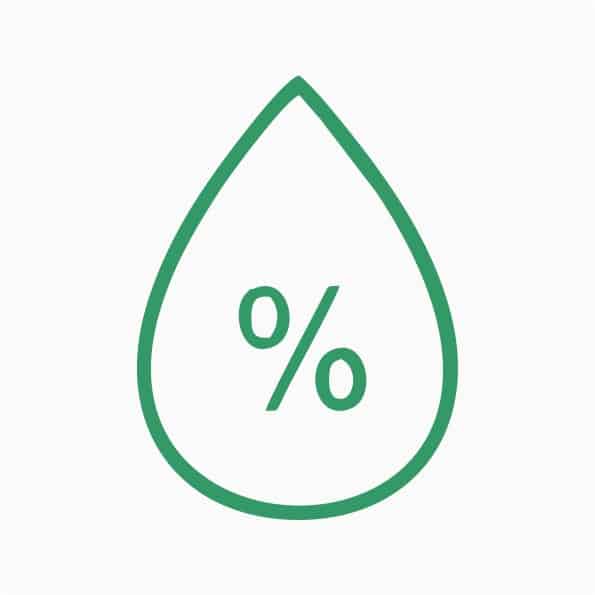
Hydration
As a general rule, the higher the hydration of your dough, the lighter, puffier, more tender, and crisper the dough will be.
You would think that more water would make the crust soggy, but what happens is that when it bakes, it creates steam that helps the dough expand, giving the crust a crisp exterior while the inside stays moist and soft.
How to Control Hydration
Less Water
- Retards the yeast
- Increases fermentation
- Increases rising time
- Creates fewer bubbles
- Creates less steam
More Water
- Accelerates the yeast
- Decreases fermentation
- Decreases rising time
- Creates more bubbles
- Creates more steam
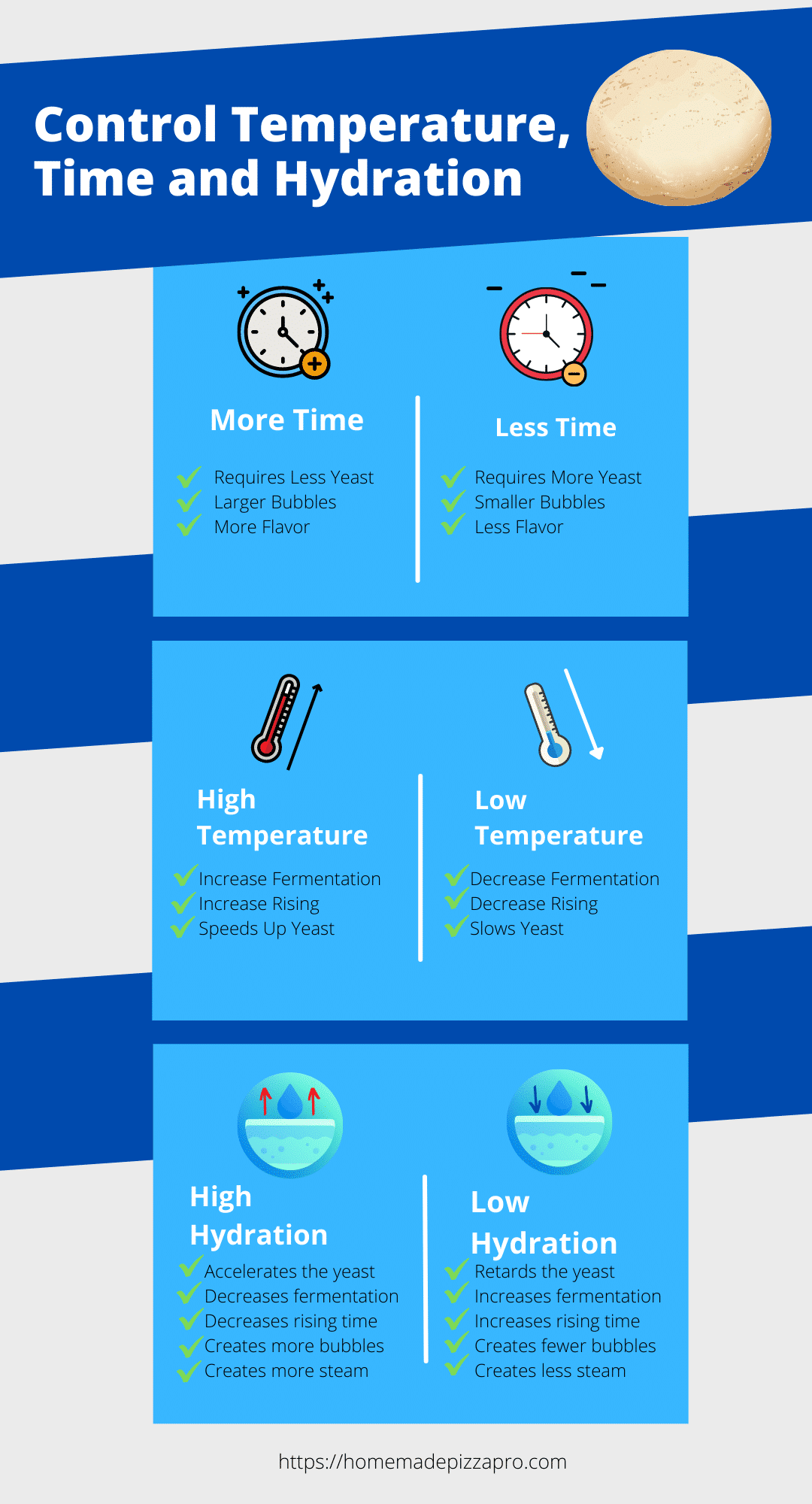
Tips for the Best Pizza Dough
Here’s What to Do to Achieve the Best Results for Your Pizza Dough
If you want more flavor in your pizza dough, use less yeast and let it rest for longer.
If you are in a rush and need pizza dough quickly, add more yeast and let it rest for a shorter period of time.
If you want a crispy crust, add more water to the dough for a high-hydration
If you want a bigger hole structure in your crust, add more water for a high-hydration dough.
If you want a flat pizza crust with no holes, add less water and more yeast and let it rest for a shorter period of time.
Here’s What the PROs at Homemade Pizza Pro Use and Recommend to Ferment Pizza Dough
Enjoy accurate temperature control and consistent humidity. The Brod & Taylor Folding Dough Proofer creates an environment of consistent low-temperature warmth that is vital for many kitchen processes.
Ideal for pizza dough and yeast bread. Whether you’re a novice bread maker or an experienced enthusiast, this is the tool that helps ensure a flavorful, open-textured bread that is ready when you want it to be.
Here are the Recommended Baker’s Percentages per Pizza Style
| Ingredient | Neapolitan | NY-Style | Sicilian | Chicago Deep |
|---|---|---|---|---|
| Flour | 100% | 100% | 100% | 100% |
| Water | 65% | 65% | 75% | 60% |
| Yeast | 1% | 1% | 1% | 1% |
| Salt | 2% | 2% | 2% | 2% |
| Oil | – | 5% | 2% | – |
| Sugar | – | 4% | – | – |
| Lard | – | – | – | 4% |
| Malt | – | – | 3% | 2% |
| Butter | 4% | |||
| Cornmeal | 5% |
Additional Pizza Dough Hydration Resources
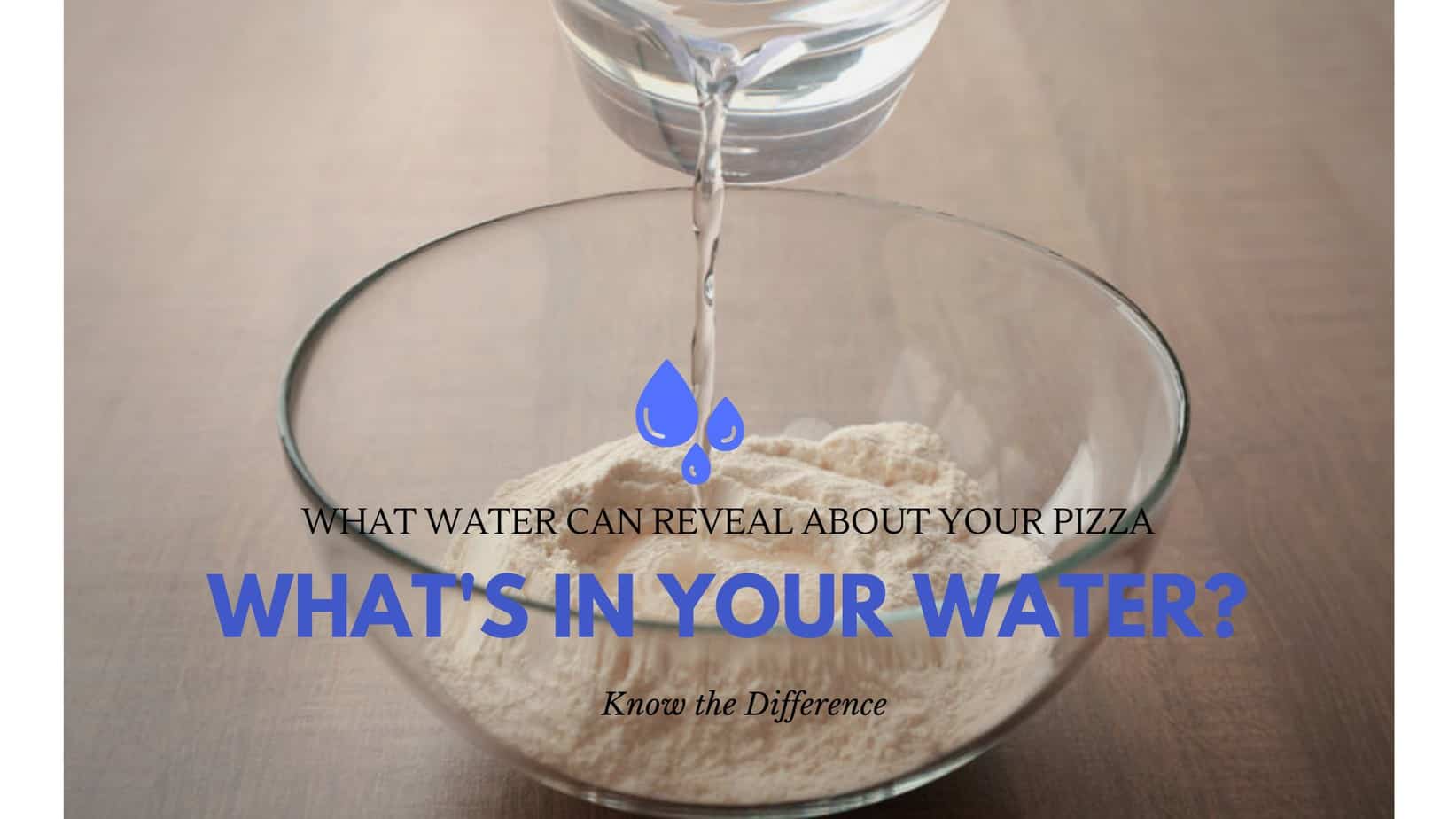
Best Water for Pizza Dough: Temperature, Quality, and Hydration
the PROs
In this article, we are going to dive deep into the mysterious ways of water. In conjunction with flour, yeast, and salt, it can make the most spectacular pizza dough.
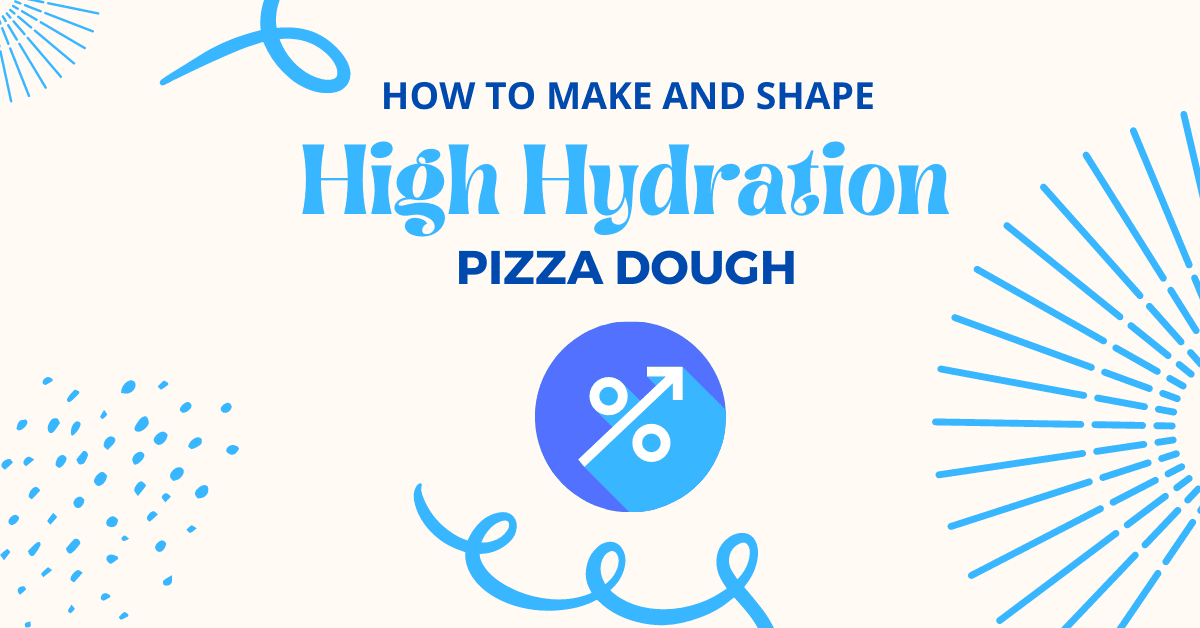
High Hydration Pizza Dough – Secret Ingredient to Perfectly Crispy Pizza
the PROs
Are you looking for a delicious, crunchy high hydration pizza dough recipe? This type of dough is very popular among …
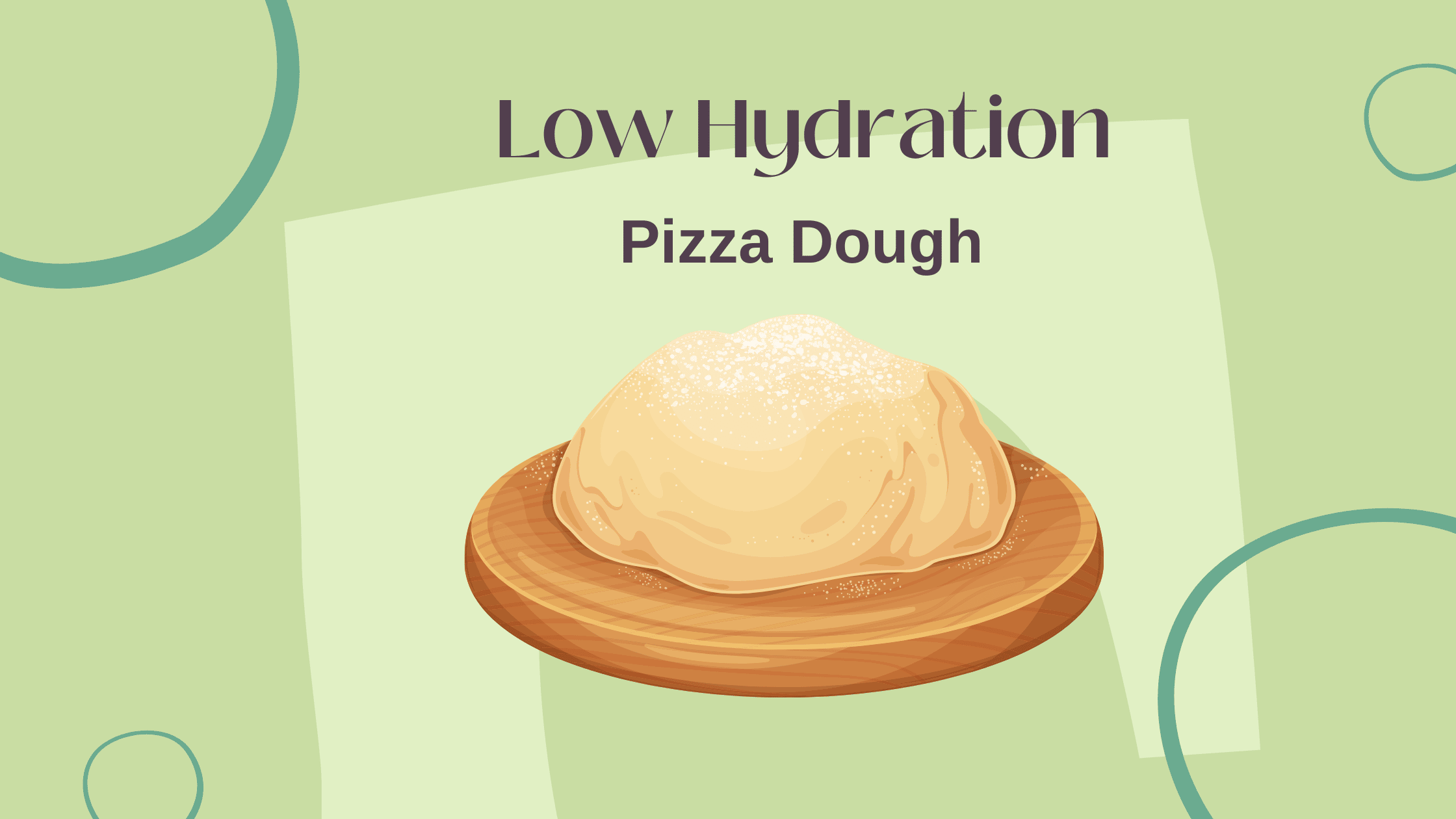
Low Hydration Pizza Dough: No More Soggy Pizza!
the PROs
Are you wondering what low-hydration pizza dough is? A pizza dough’s hydration is one of the most important factors when …
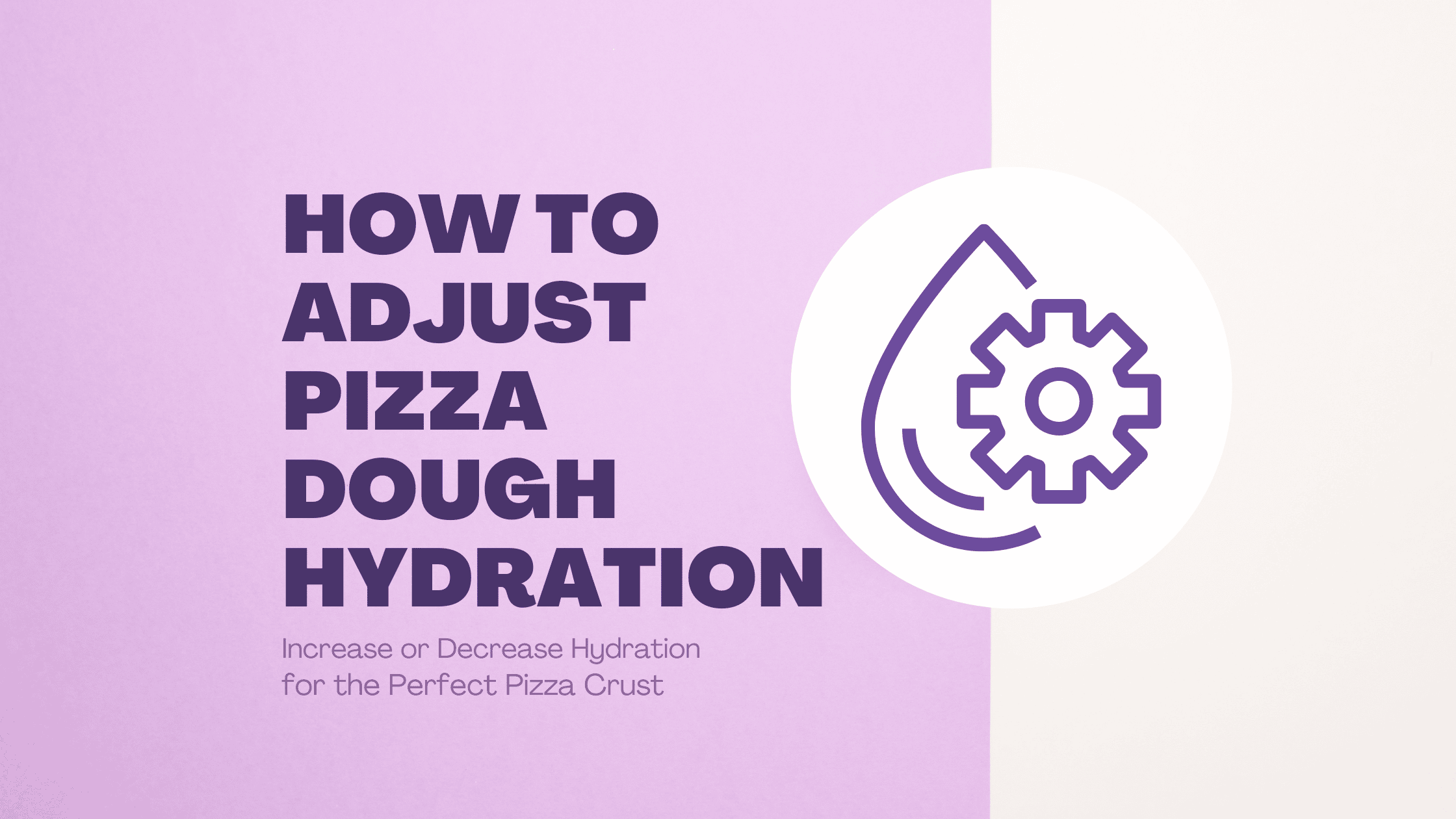
How to Adjust Pizza Dough Hydration Levels for a Perfect Crust
the PROs
How to Adjust Pizza Dough Hydration Making good pizza dough is an art form and one of the most important …
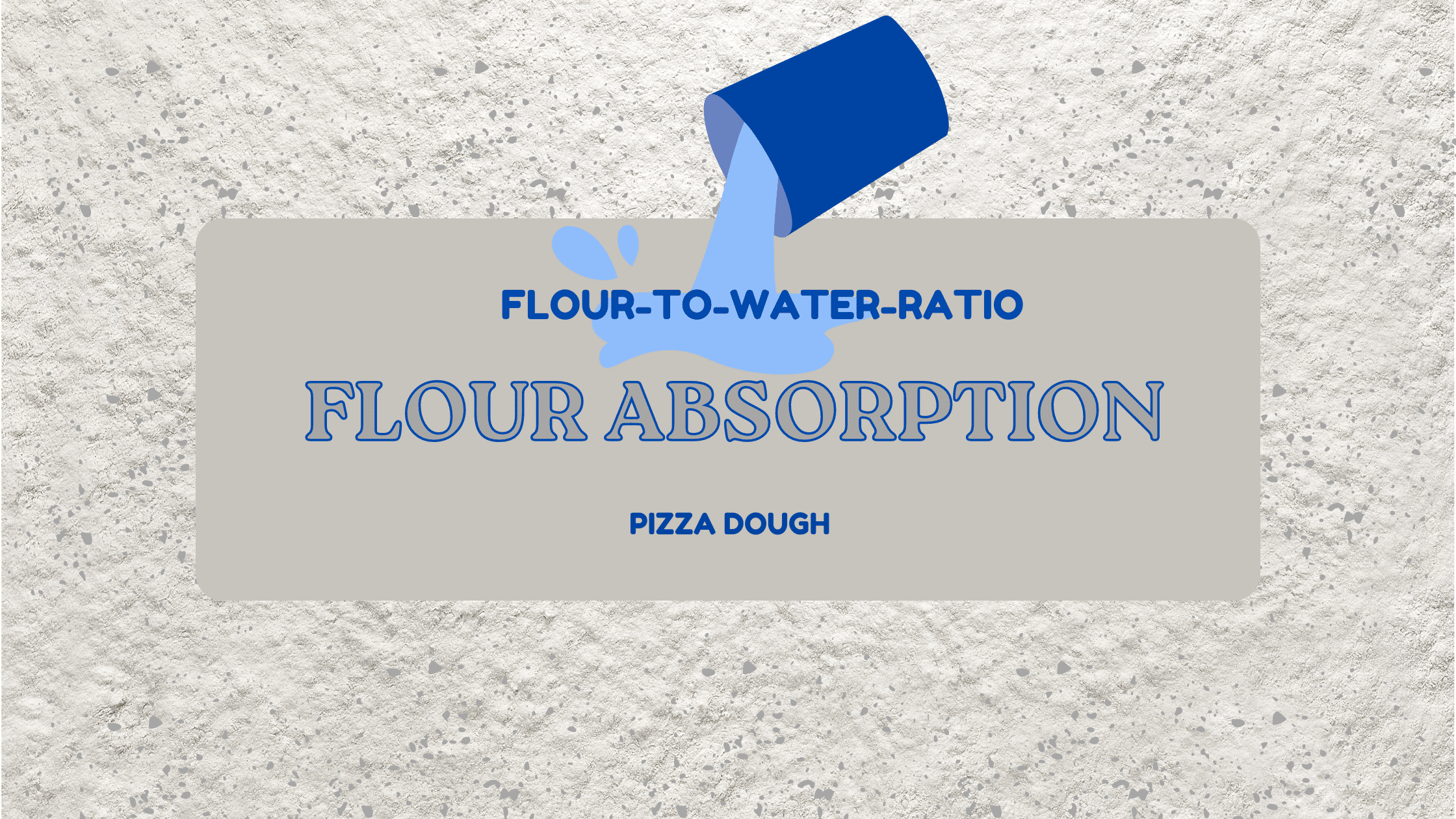
Flour Absorption 101: The Key to Crafting the Perfect Pizza Crust
the PROs
Ah, pizza. The one food that unites us all! What would we do without our delicious, cheesy slices of heaven? …
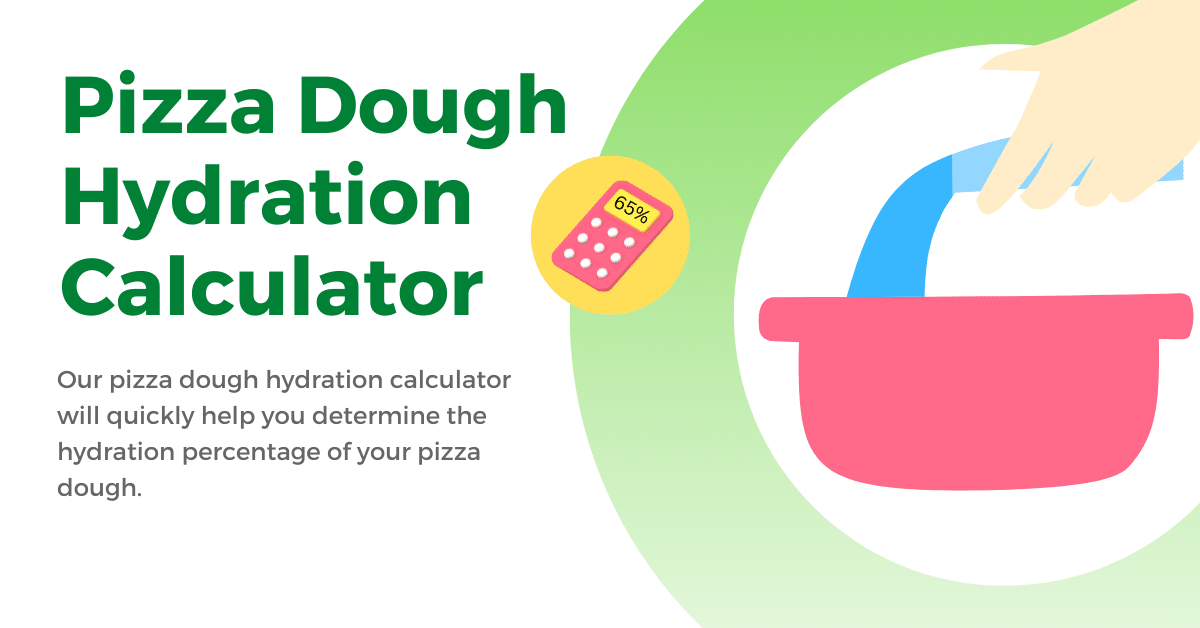
Pizza Dough Hydration Calculator
the PROs
Making the perfect pizza dough can be difficult, especially for novice bakers. But with the right tools, anyone can master …

7 Hydration Percentages by Pizza Style that Actually Make the Best Pizza
the PROs
Making a pizza is all about getting your pizza dough to have just the right amount of hydration. If you’re looking to get the best results this guide can help you find the specific pizza dough hydration according to your desired pizza style. Let’s check it out!
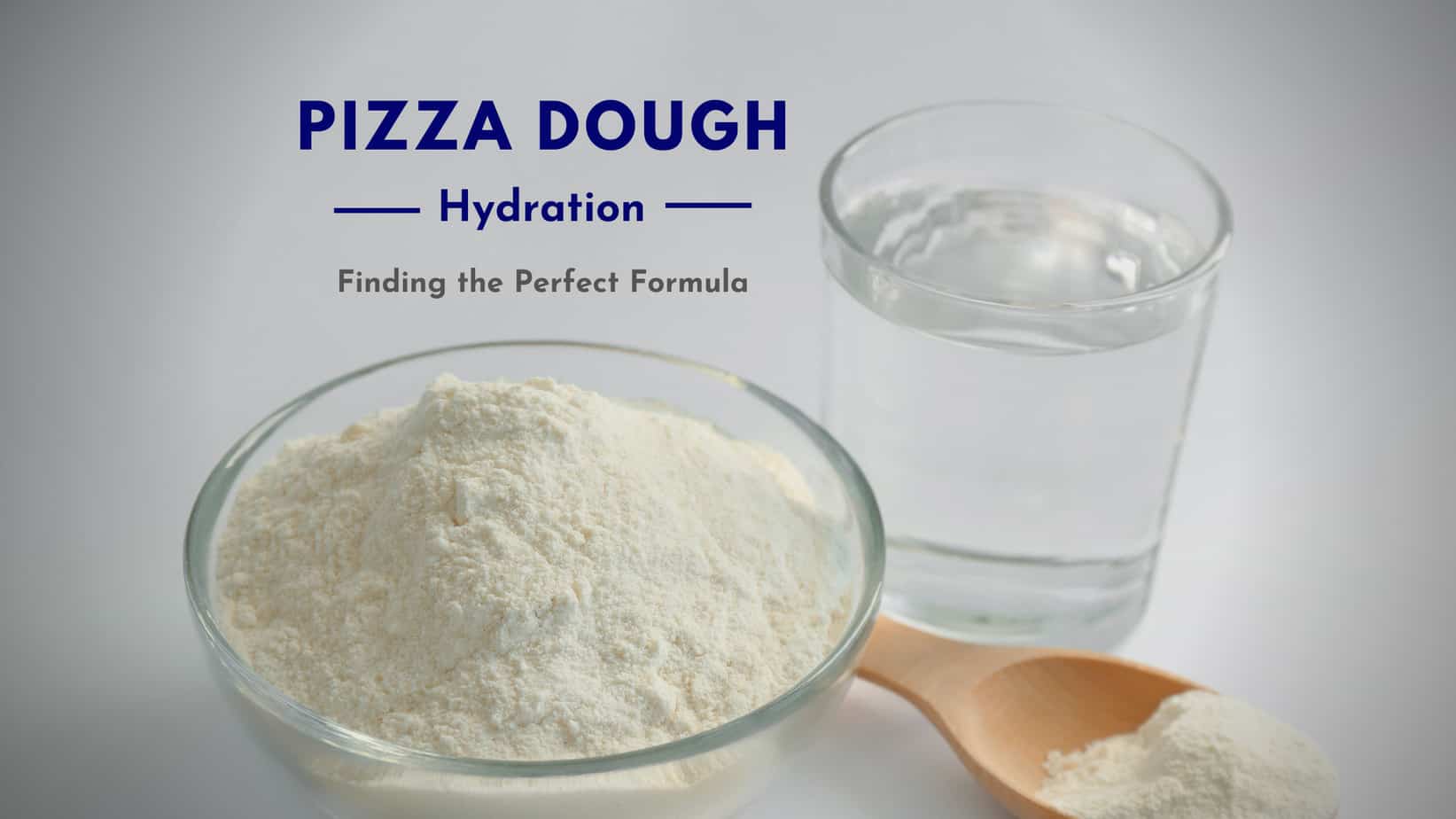
Pizza Dough Hydration – Mastering the Art of the Perfect Crust!
the PROs
If you’re looking to get the best results, this scientifically proven formula to calculate, manage and control pizza dough hydration will get you on track to become the best pizza baker! So, let’s get started.

Here’s the Secret to Making the Perfect Crispy Pizza Crust
the PROs
Are you tired of making homemade pizza that has a crust that never seems to get crispy enough? We’ve got the answer to this problem! Our assortment of tips and methods will solve your problem once and for all. You’ll get better results in how to make a pizza crust crispy and crunchier than ever! So, let’s find out!
Here’s a video brought to you by Ooni on Pizza Dough Hydration
Additional Fermentation Resources
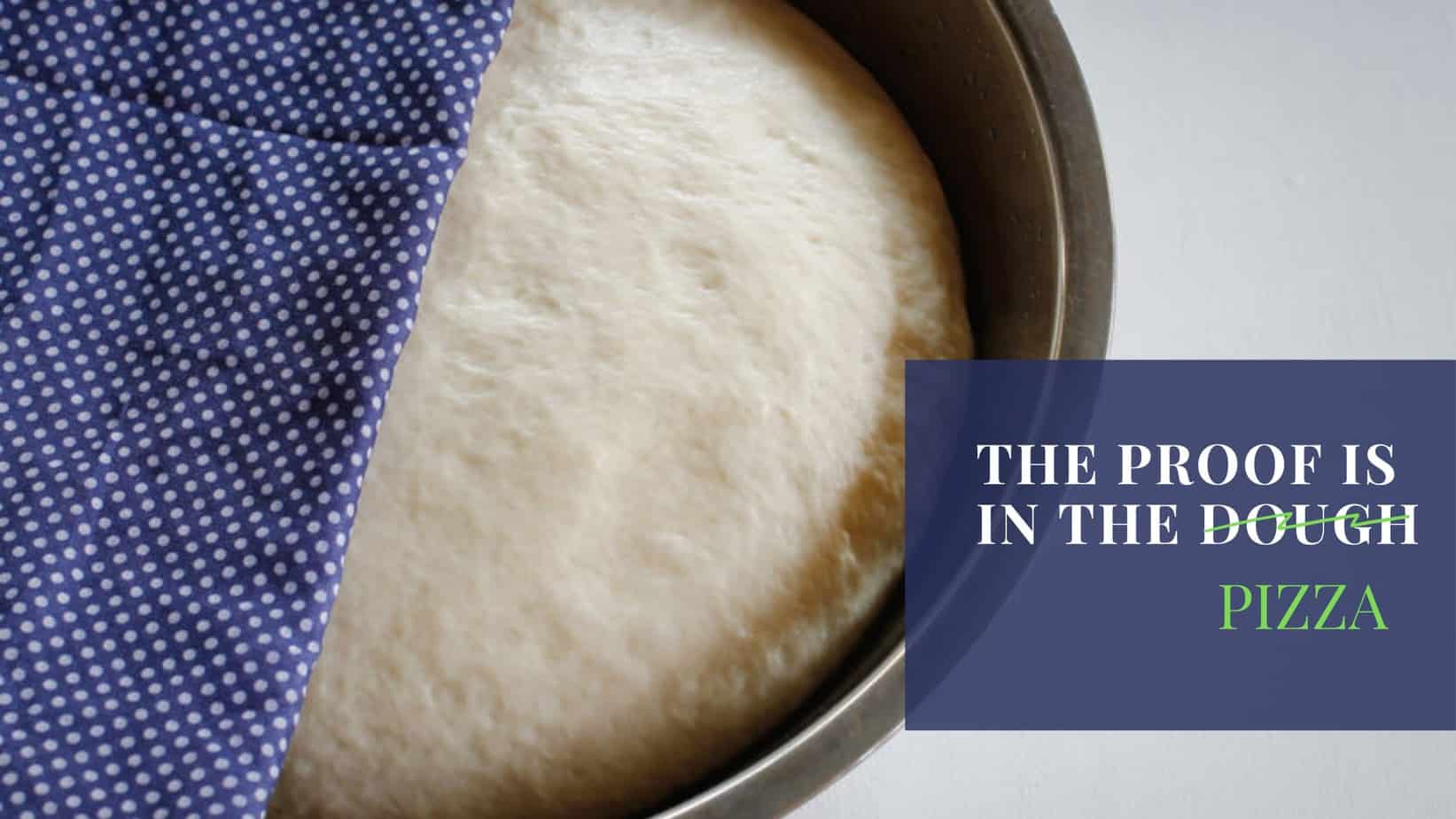
Pizza Dough Fermentation: Unlocking the Secret to the Perfect Crust
the PROs
Learn the correct process of pizza dough fermentation and why this is so important in the pizza-making process.
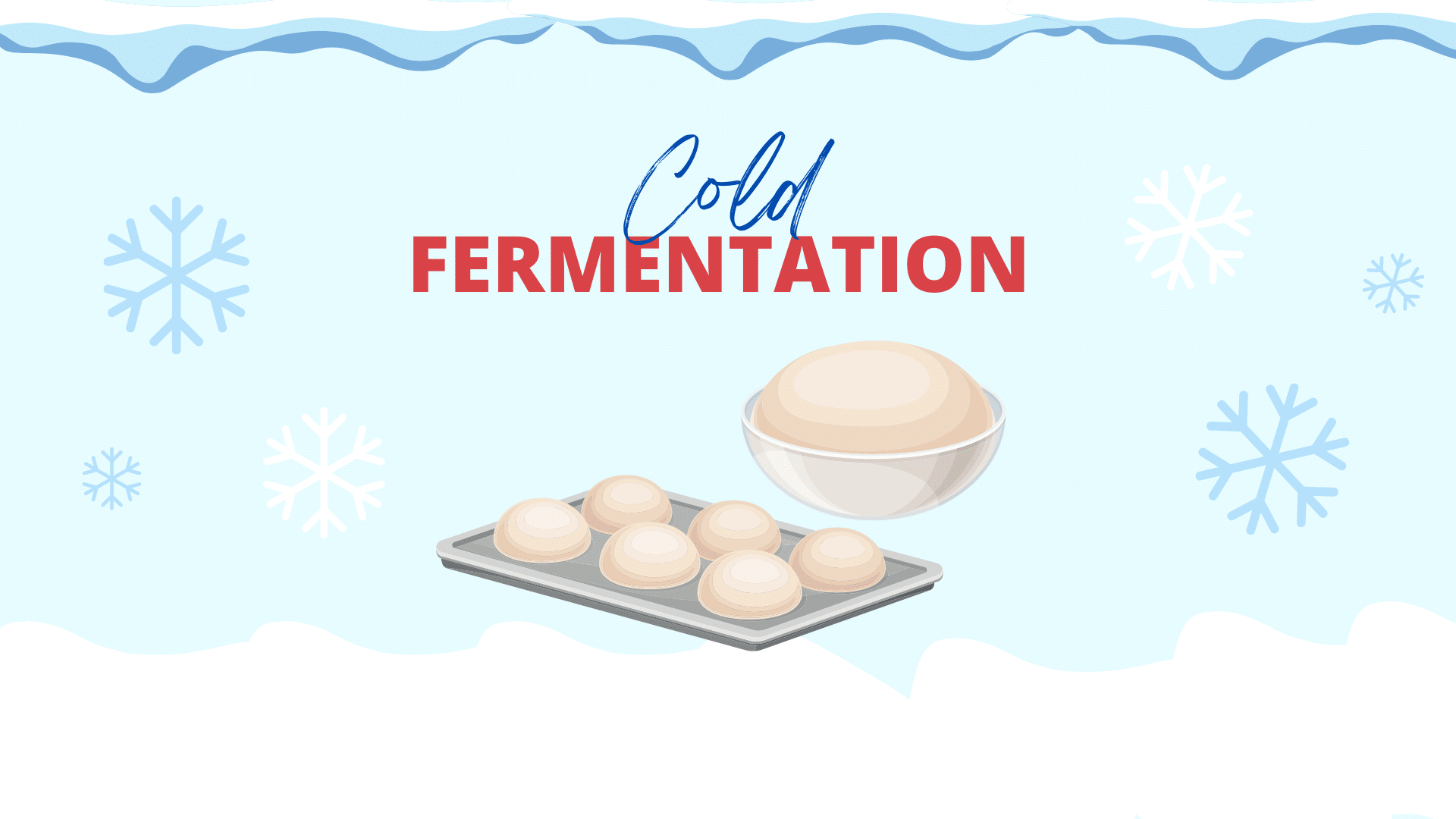
Cold Fermentation: Unlocking the Magic of Slow-Risen Pizza Dough
the PROs
As an ardent pizza lover knows, the journey to creating the perfect pie is a lot more complex than merely …
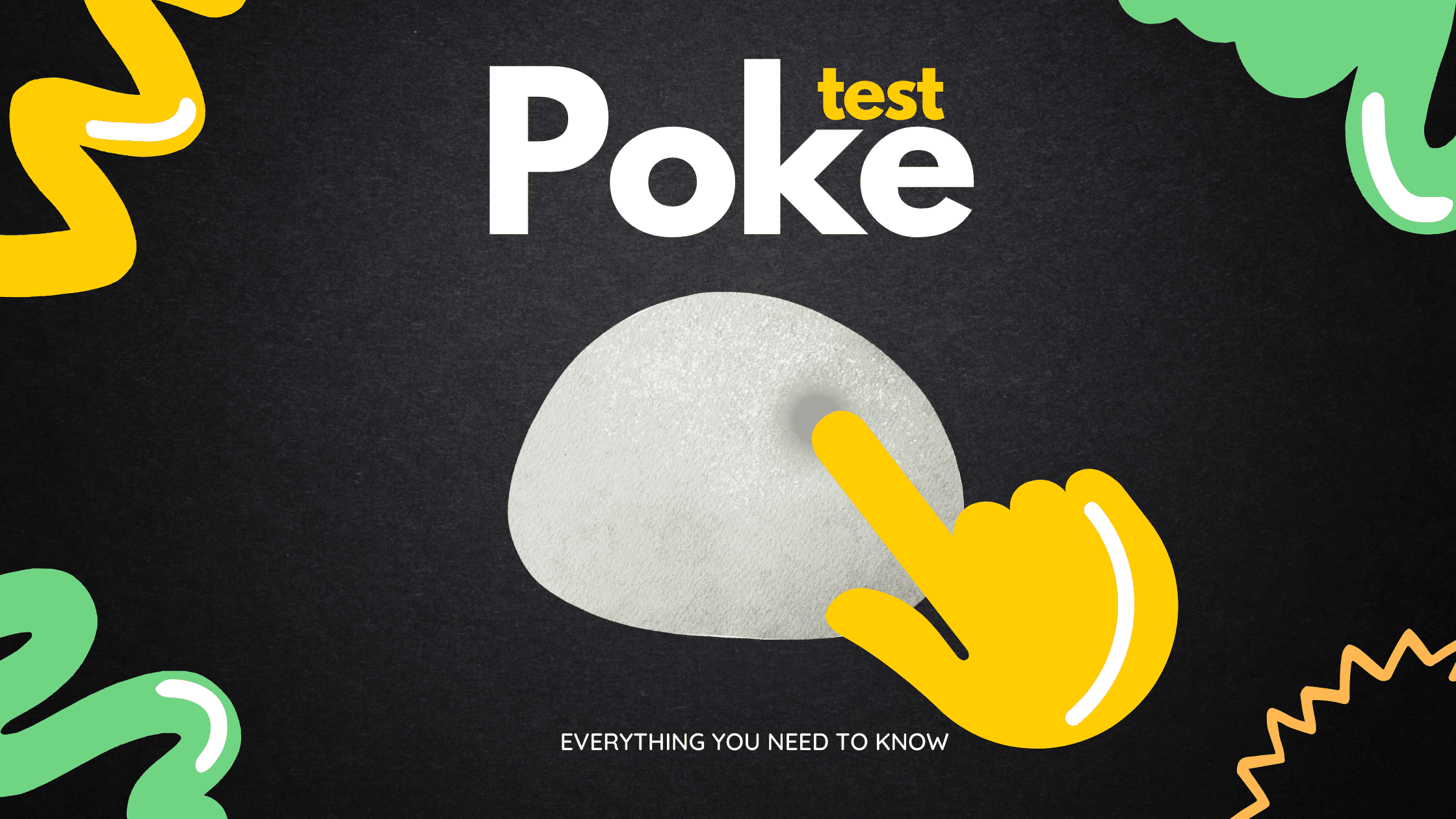
Poke Test Demystified: Master the Technique for Perfect Pizza Every Time
the PROs
Are you tired of ending up with a pizza crust that’s either too thick or still raw in some parts, …
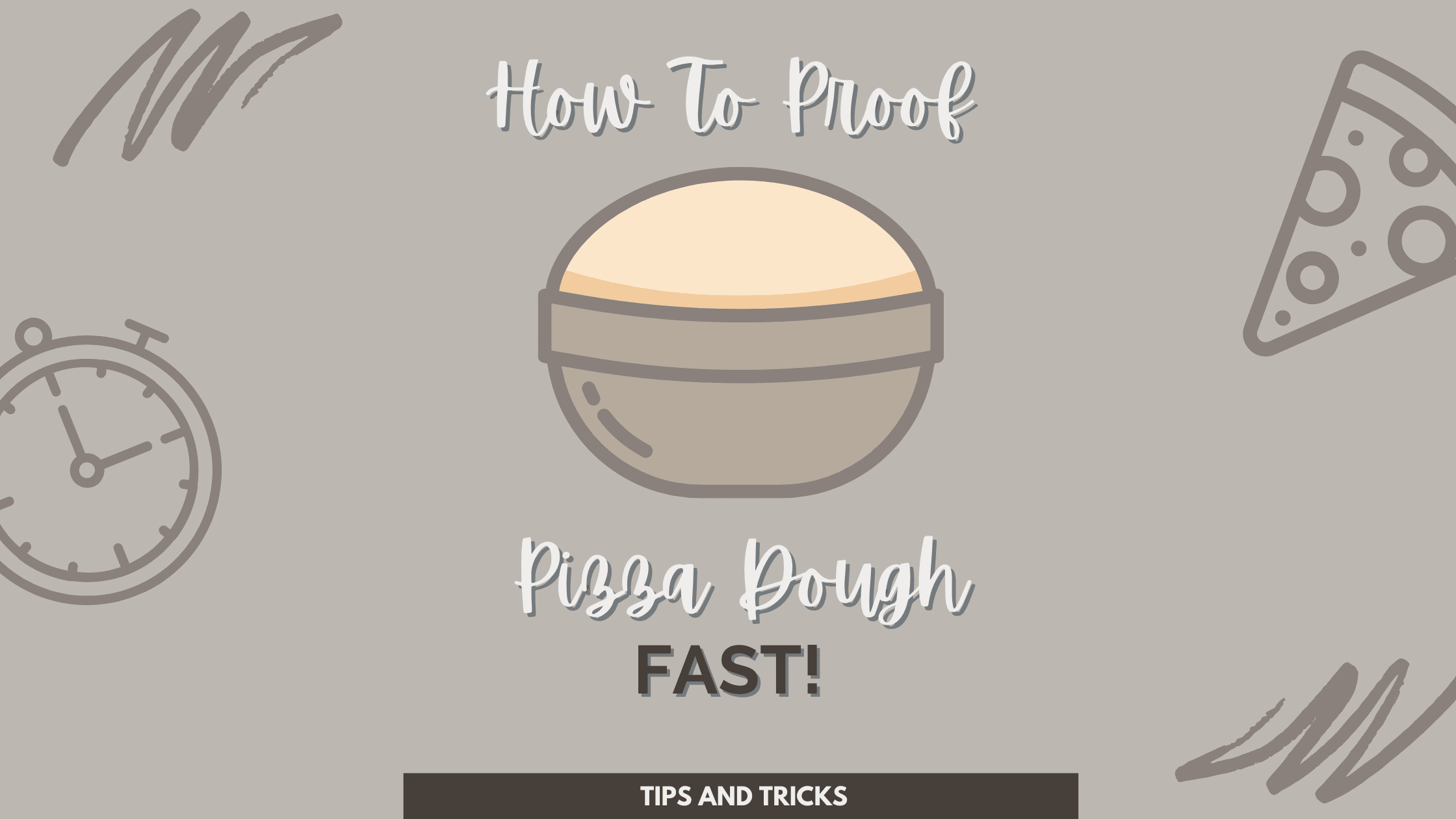
How to Proof Pizza Dough Fast
the PROs
How to Proof Pizza Dough Fast Behind every tasty pizza dough is a secret. Secrets behind its fantastic flavor and …
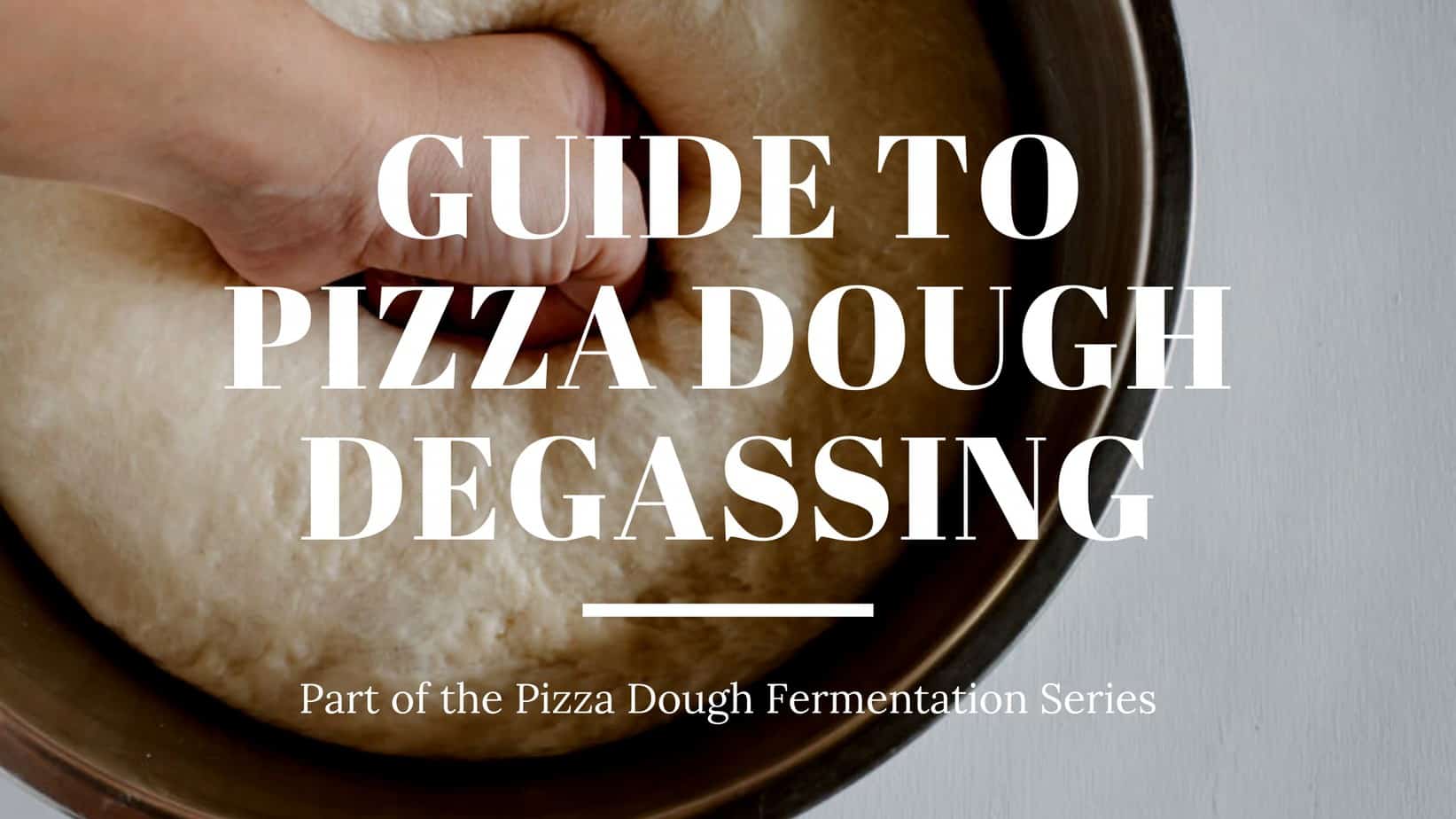
Dough Degassing: The Key to a Crispy, Airy Pizza Crust
the PROs
Discover what pizza dough degassing is and why so important in the pizza-making process. See how it works and check the best practices.
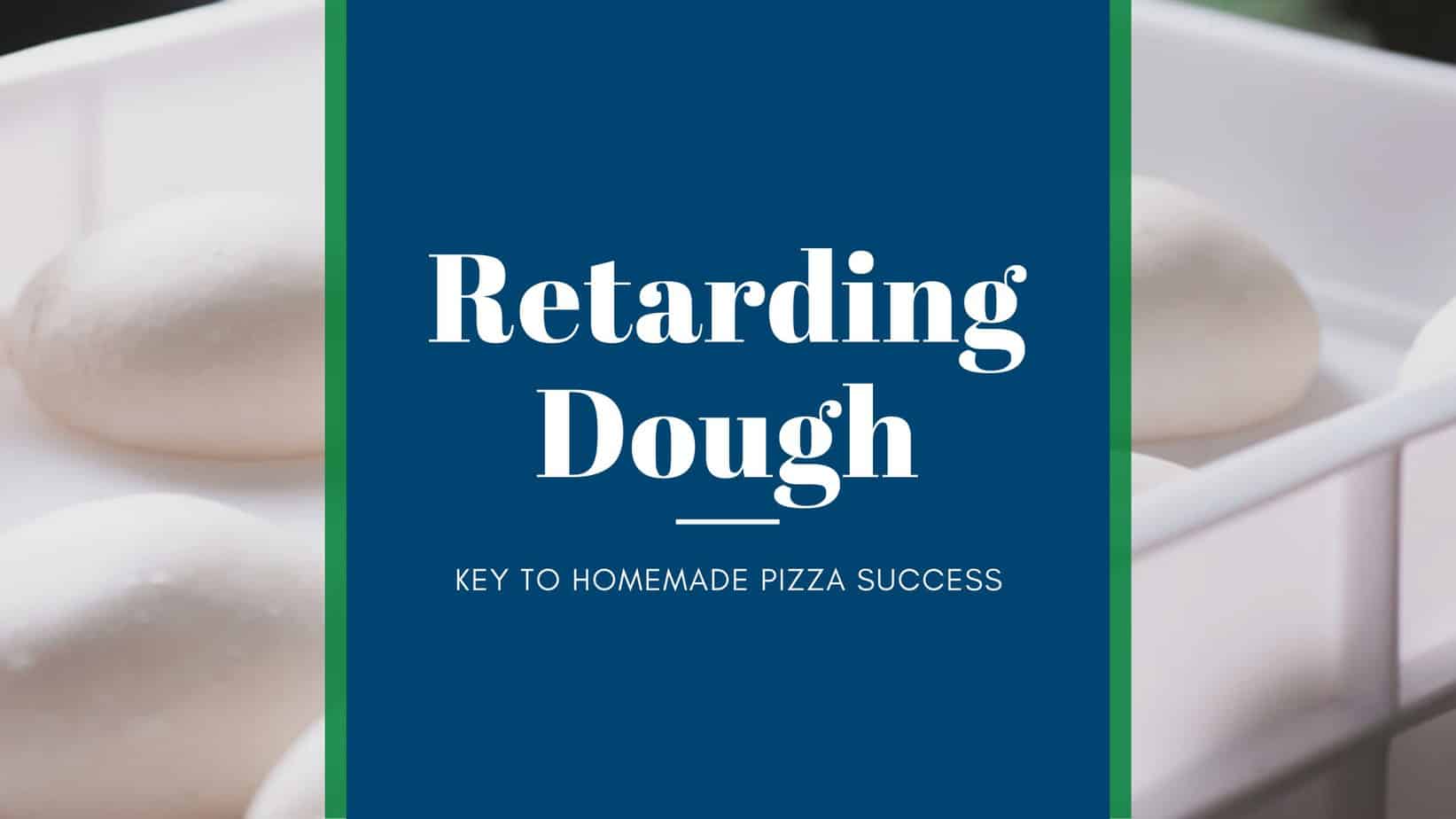
Retarding Pizza Dough: The Timeless Technique for a Perfect Crust
the PROs
In this article, you will learn what retarding dough is and why it is the key to your homemade pizza success. When you decide to make pizza at home, the most challenging but most important part of the process is making the pizza dough.
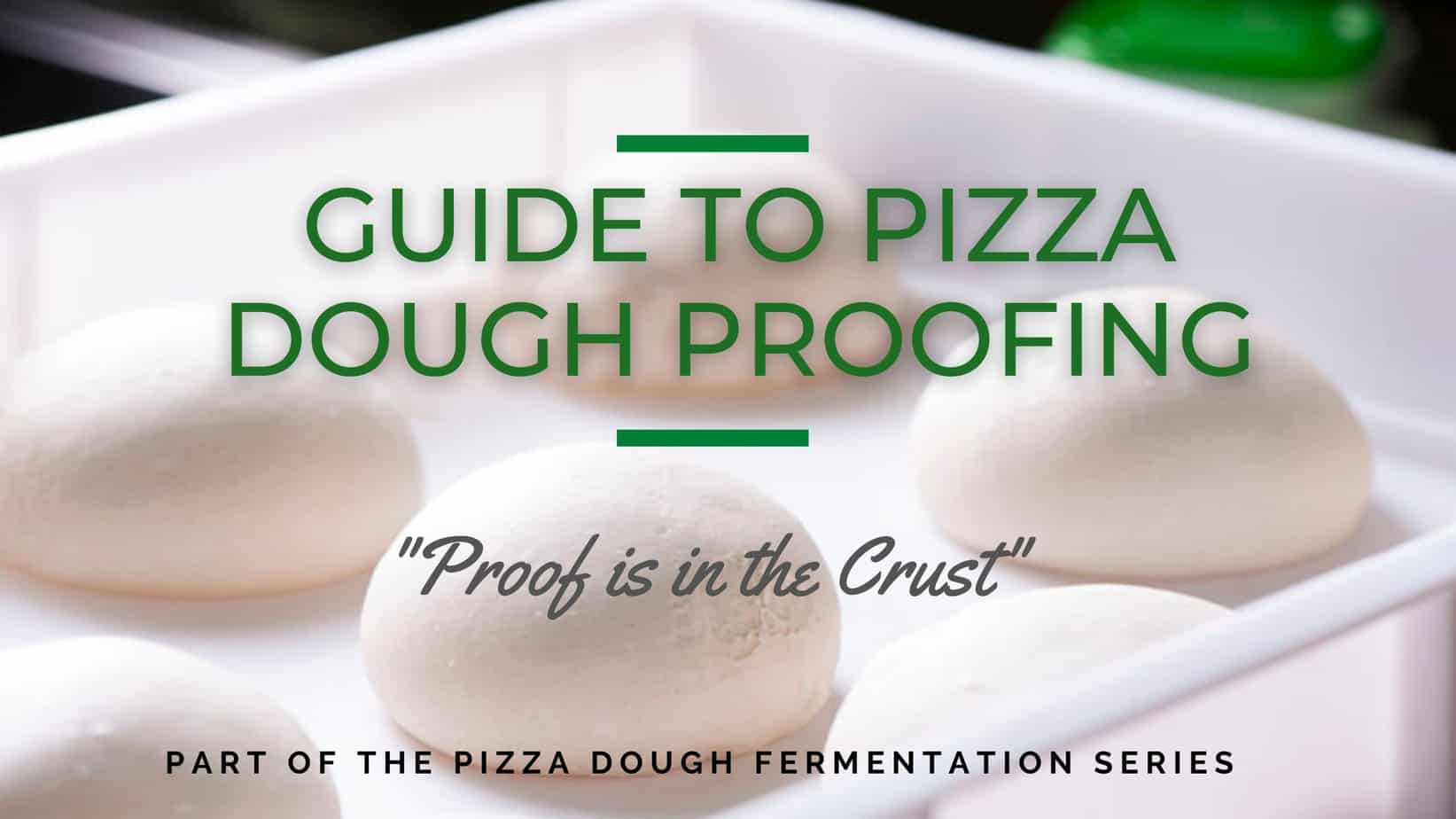
Pizza Dough Proofing Like a Pro! – Get Your Dough Right!
the PROs
Have you ever heard the phrase the proof is in the pudding? In this guide, you will learn that the …
The Last Slice
The volume of the mass dough will also play an essential role in the interrelationship of these factors. It is not the same as a big mass of dough as a small mass of dough.
For example, it takes more time for a big mass of dough to change temperature than for a smaller mass.
Now that you’ve learned how these key variables affect your dough play with them and experiment to get the kind of dough you want in the time that you have available.

Additional Resources
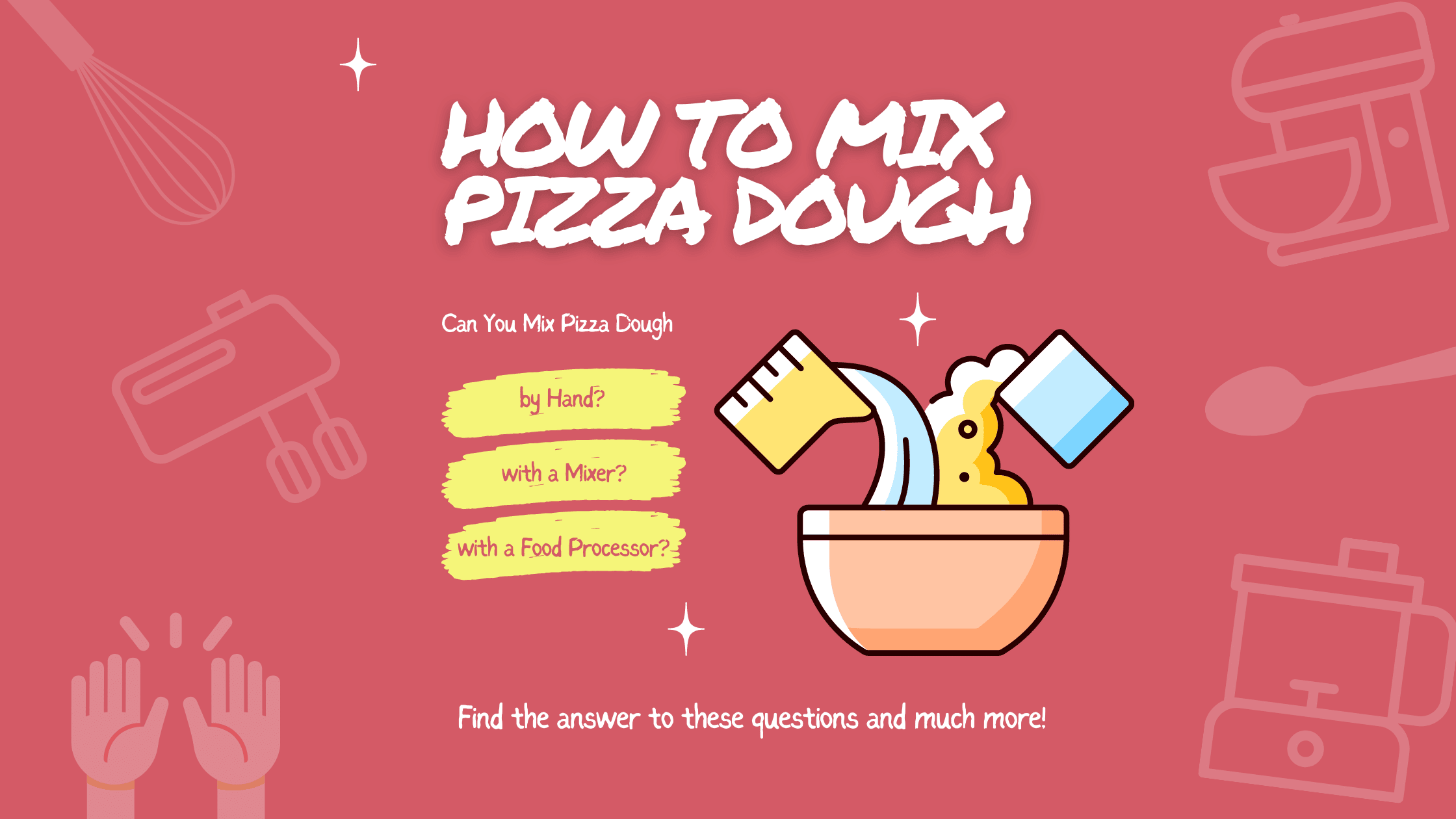
How to Mix Pizza Dough
the PROs
Do you want to learn how to mix pizza dough? Pizza dough is a staple in most households, but it …
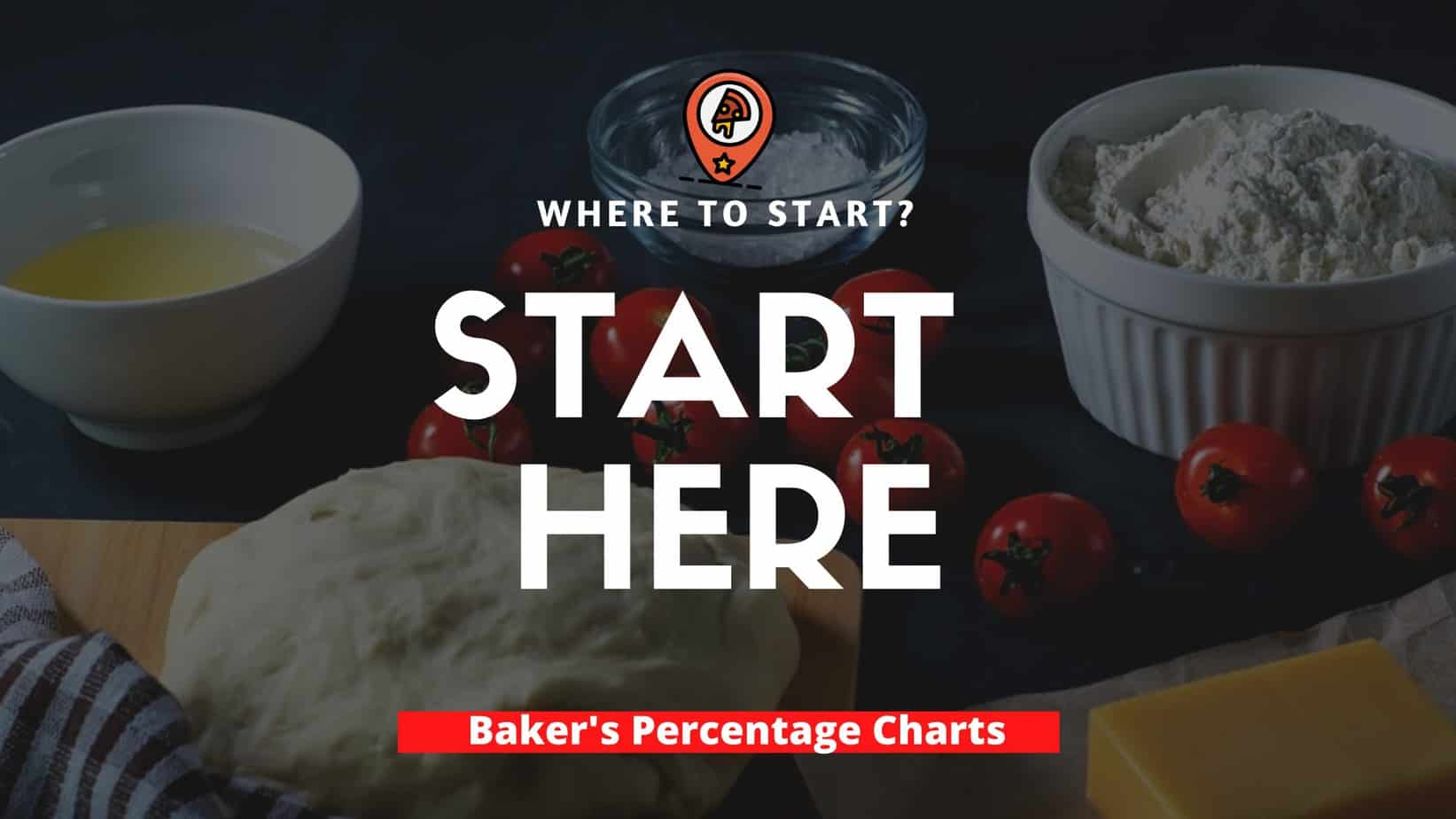
Baker’s Percentage Charts for Pizza Dough: Unlock the Secret Formula for Perfect Pizzas Every Time!
the PROs
This baker’s percentage chart will give you a starting point to develop your own recipe. These are the four main base recipes that can be adapted to any other pizza style.
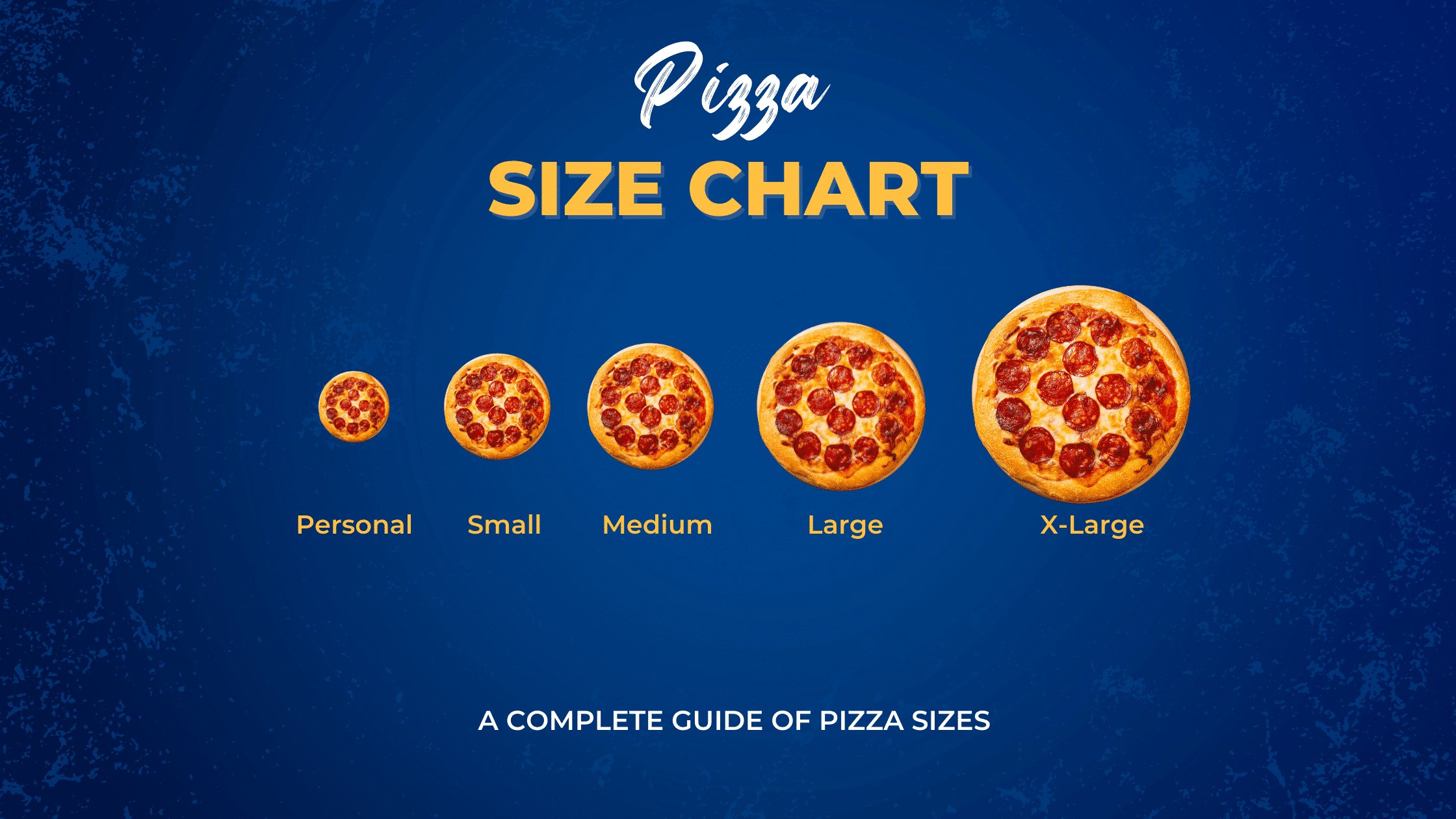
Pizza Size Chart: Why Big is Better
the PROs
Have you ever wondered what size pizza to order for your next gathering? Or perhaps you’re a budding pizzaiolo looking …

Can You Buy Pizza Dough? Yes, You Can! Find How to Choose and Where to Find It
the PROs
Can you buy pizza dough, you ask? Of course, you can! Is there anything you can’t buy at stores? Considering …
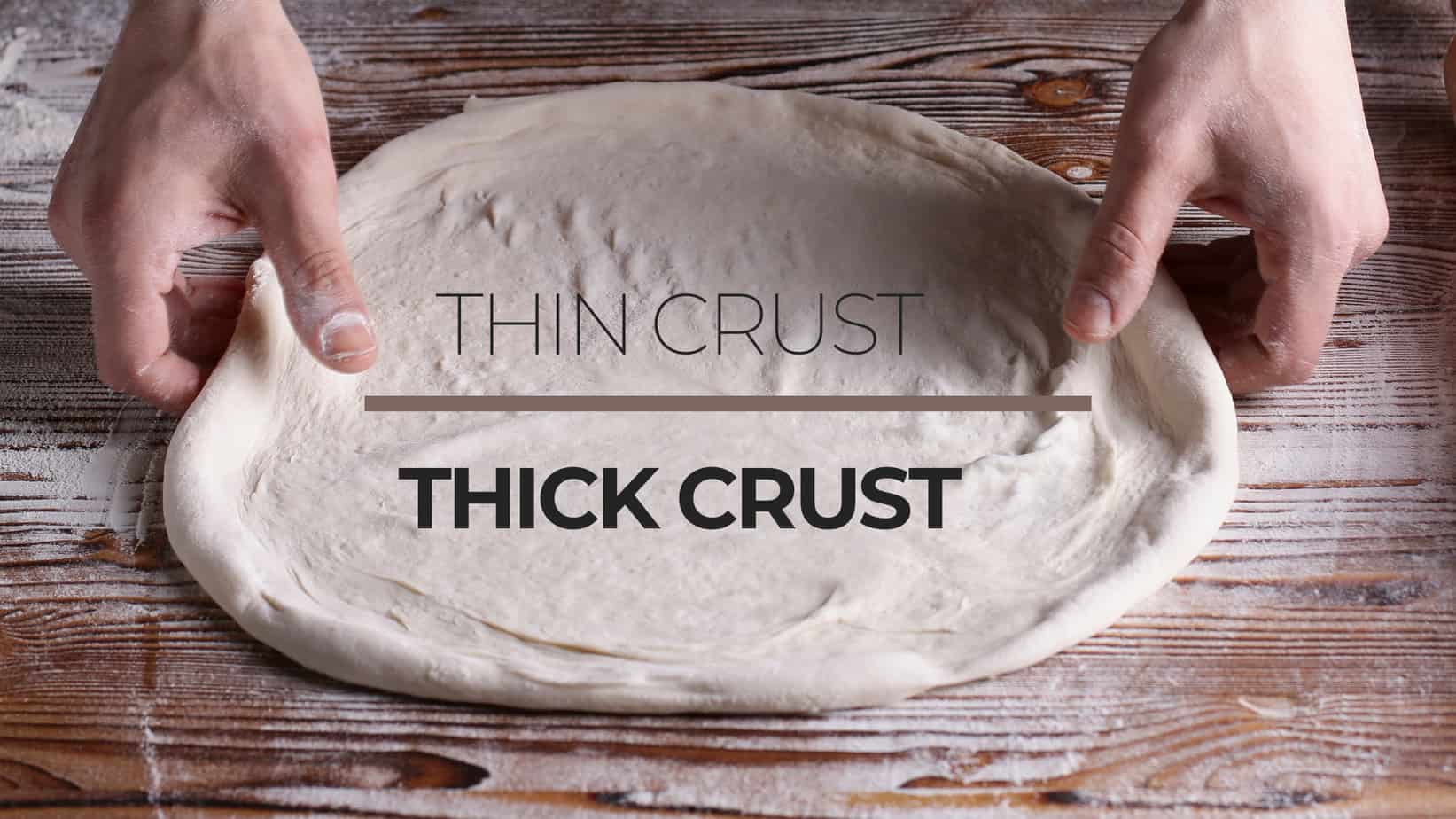
Pizza Dough Thickness (The Easy Guide on How Thick Should Pizza Dough Be?)
the PROs
The crust is one of the deciding factors in most pizza styles, right from the thin crust ones such as New Haven and New York style to thick crust pizzas such as the Sicilian and the Detroit. So no matter what pizza style you like, the crust is always a deciding factor. So how thick your crust should be? Let’s find out!

7 Hydration Percentages by Pizza Style that Actually Make the Best Pizza
the PROs
Making a pizza is all about getting your pizza dough to have just the right amount of hydration. If you’re looking to get the best results this guide can help you find the specific pizza dough hydration according to your desired pizza style. Let’s check it out!
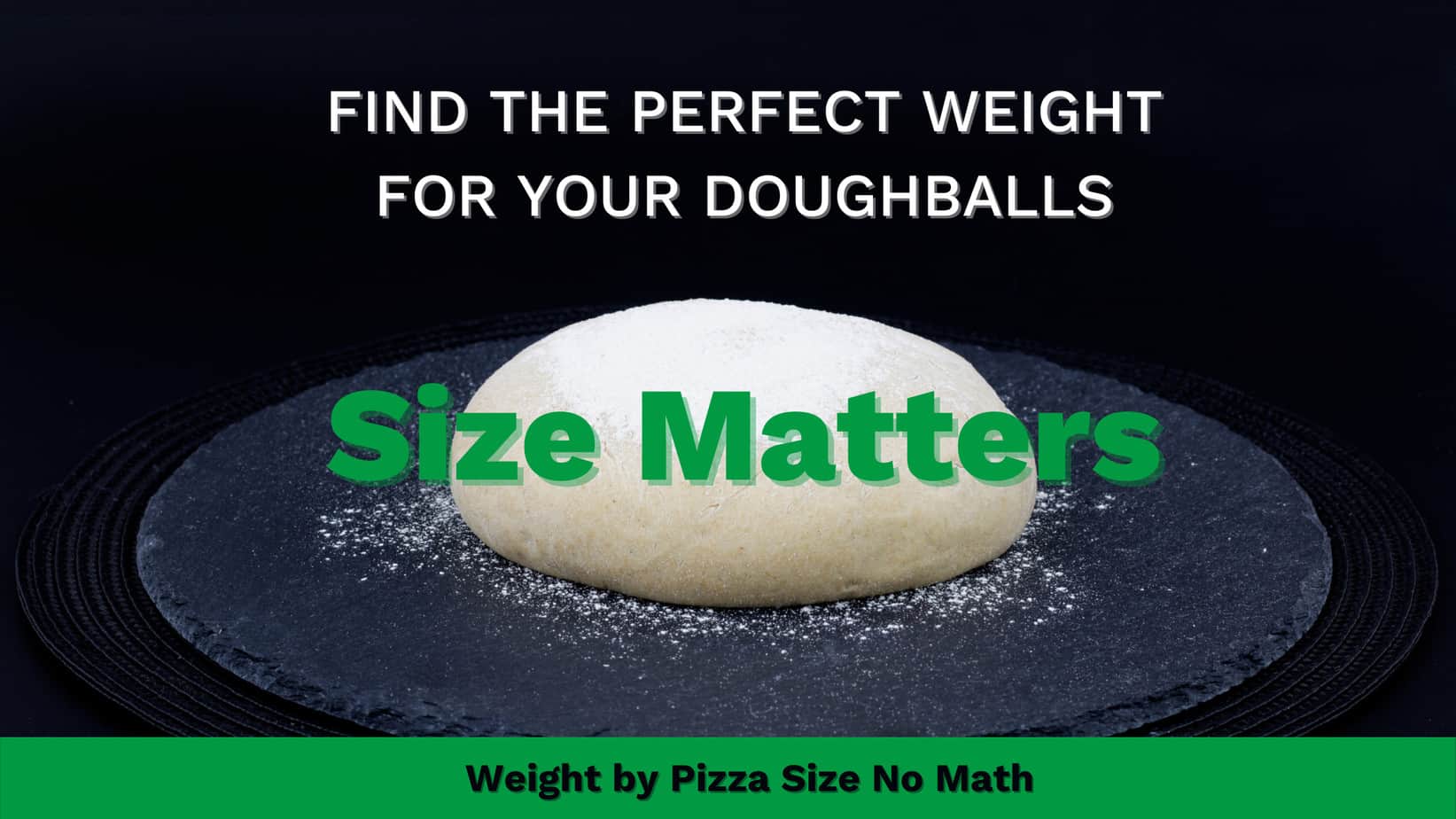
Pizza Dough Weight Chart: The Ultimate Cheatsheet by Pizza Style
the PROs
Most of us know that we should be weighing our ingredients for the best accuracy and consistency in baking. The same principle goes for pizza dough! So if you would like to know how much dough you need for your pizza, jump right in! Don’t forget your FREE PDF!
Homemade Pizza FAQs
How to Start Making Pizza?
Making pizza at home is actually very simple, and anyone can do it. If you don’t have a mixer, you can still make the dough by hand.
Check our guide on How to Get Started to begin your pizza-making journey.
Do I need a pizza oven to make pizza at home?
No, you can make pizza in a regular kitchen oven, and these days you can even make pizza on your stove or your grill.
Check our Recommended Oven Section for the oven that best suits your needs.
What is the best flour for pizza?
The best flour for pizza is flour which contains a high-protein content. Of course, it will depend on the kind of oven you have.
Regarding the brand, we’ve found that Caputo Chef’s Flour works best for home ovens, while Caputo Pizzeria works best for high-temperature ovens.
Check the Best Flour for Pizza article to learn more about flour and why we think Caputo is best.
How long should I bake pizza?
The time to cook your pizza will depend on the kind of pizza you are making and the kind of oven you have.
The lower the temperature, the longer will take to cook your pizza. On average, it will take 12 to 15 min to cook pizza in a 500F oven.
For details on specific cooking times and temperatures, check the Guide to Oven Temperature and Cooking Time article.
What kind of yeast should I use for pizza?
To make pizza dough, you can use any yeast you have available. You can use fresh, instant, or active dry yeast.
The amount of yeast to use will vary depending on which one you use.
We found that active dry yeast gives the best results. To find out why we think is best to check Yeast: Here is What You Need to Know article.
What is the best hydration percentage?
On average, water should be 65% of the total weight of flour. For example, if your recipe calls for 500g of flour, you should add 325g of water (500 x .65 = 325).
Of course, the temperature of the oven will also have an impact on your final result.
Check our guidelines and our Baker’s Percentage Charts for the best results.
For more pizza questions, check our Pizza FAQs Page or Contact Us.
When in Doubt, Check Our Resources
To help you become a better homemade pizza baker, we developed these reference sources you can use when making any of our recipes.
Check Amazon’s Pizza-Making Must-Haves
Why have two pizza peels when you can only have one. This pizza peel surpasses the benefits of wood peels with the convenience of a metal peel. It's made entirely from anodized aluminum for a lightweight design that's incredibly durable, too. It's designed to be used frequently in high-heat pizza ovens.
The Etekcity Lasergrip 800 Digital Infrared Thermometer is a versatile and reliable tool for accurate temperature measurements. Its non-contact design allows you to measure temperatures from a distance, making it safe and hygienic for various applications. With a wide temperature range of -58°F to 1382°F (-50°C to 750°C), this infrared thermometer is perfect for both everyday cooking needs and professional uses.
The built-in laser pointer helps you target the specific area you want to measure, ensuring precision and consistency. Whether you're grilling, cooking, or performing household maintenance, the Etekcity Lasergrip 800 provides fast and accurate temperature readings with ease.
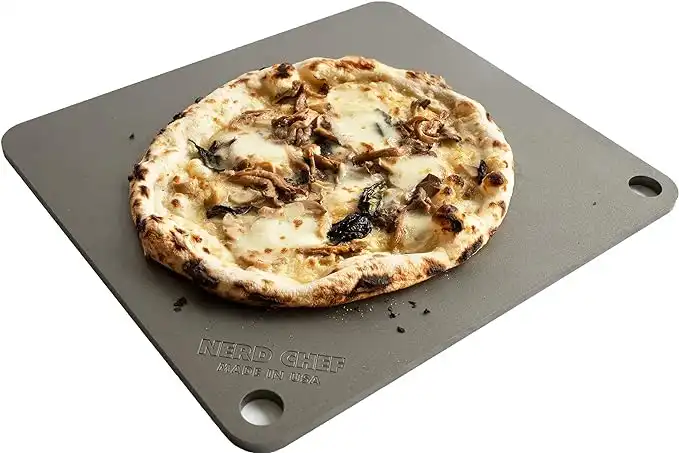 NerdChef Steel Stone
NerdChef Steel Stone
Making great crusts traditionally requires a 700-1000F wood-fired oven. Nerdchef Steel Stone replicates that performance in a home oven with its super-high heat transfer ability - transferring heat energy 20 times faster than ceramic. It creates beautiful and crispier crusts, gorgeous blistering throughout, and it cooks faster.
The Chef's flour is a general-purpose, high gluten flour that works well for many recipes. "Tipo 00" refers to how refined the flour is. Chef's Flour is best for those who want to bake in their traditional home oven up to 500 degrees Fahrenheit!
Enjoy!
Not a PRO? Not a Problem!
Take a pizza class to bring your pizza skills to the next level,
so you can be a PRO!
Related Posts

Costco Pizza Delivery: Find How You Can Get It Now!
the PROs
People go to Costco’s food court for many different reasons, but the cheesy slice of pizza they serve is among …
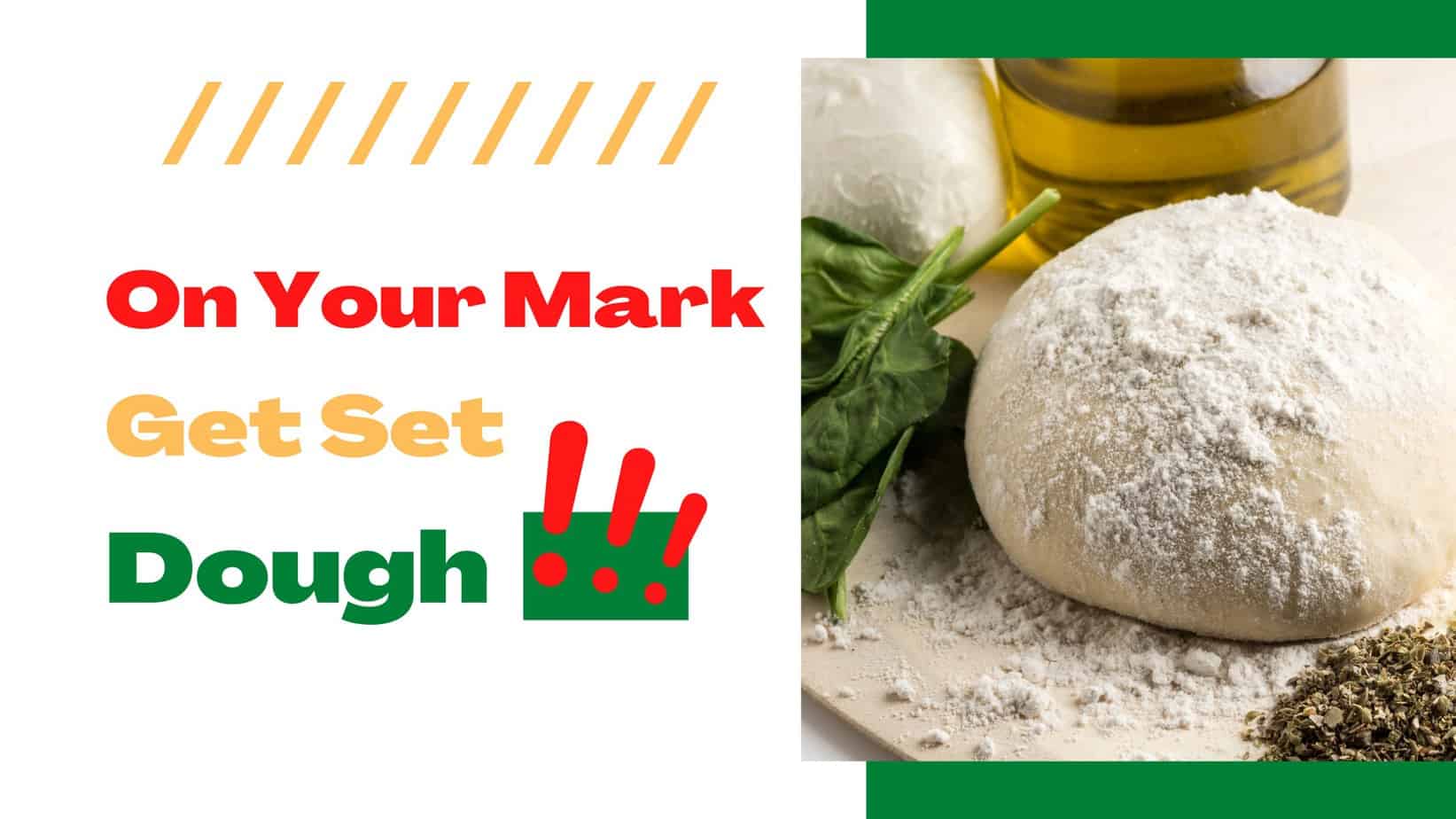
Pizza for Beginners: Don’t Buy Pizza, Make It! Here’s How to Get Started!
the PROs
You have this idea that you want to make pizza at home as opposed to ordering it, but where do you start? Don’t worry! Here you will find answers and directions to all your questions.

Pizza Toppings Under Cheese or Over Cheese? [Why the Order Matters]
the PROs
Is Pizza Cheese on Top or Bottom? Hey pizza lovers, are you wondering if you should layer pizza toppings under …
Newsletter
Subscribe to our Recipe of the Week newsletter and receive our partners’ latest recipes, tips, and discount offers.
Keep in Touch!
